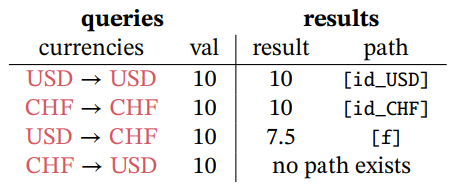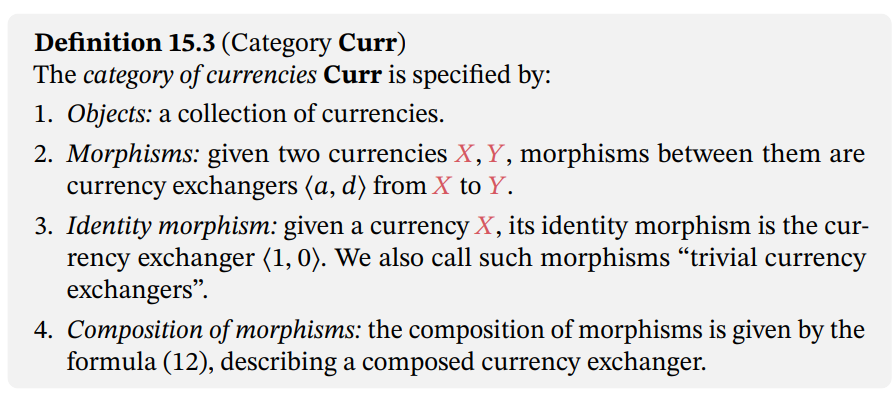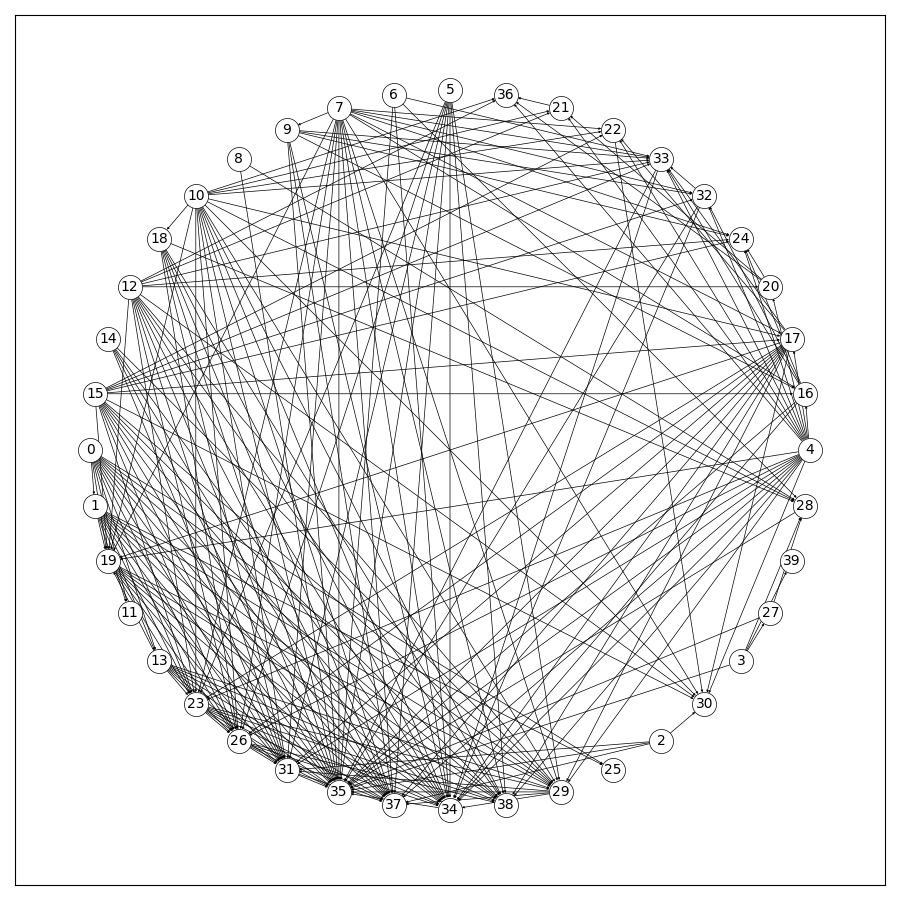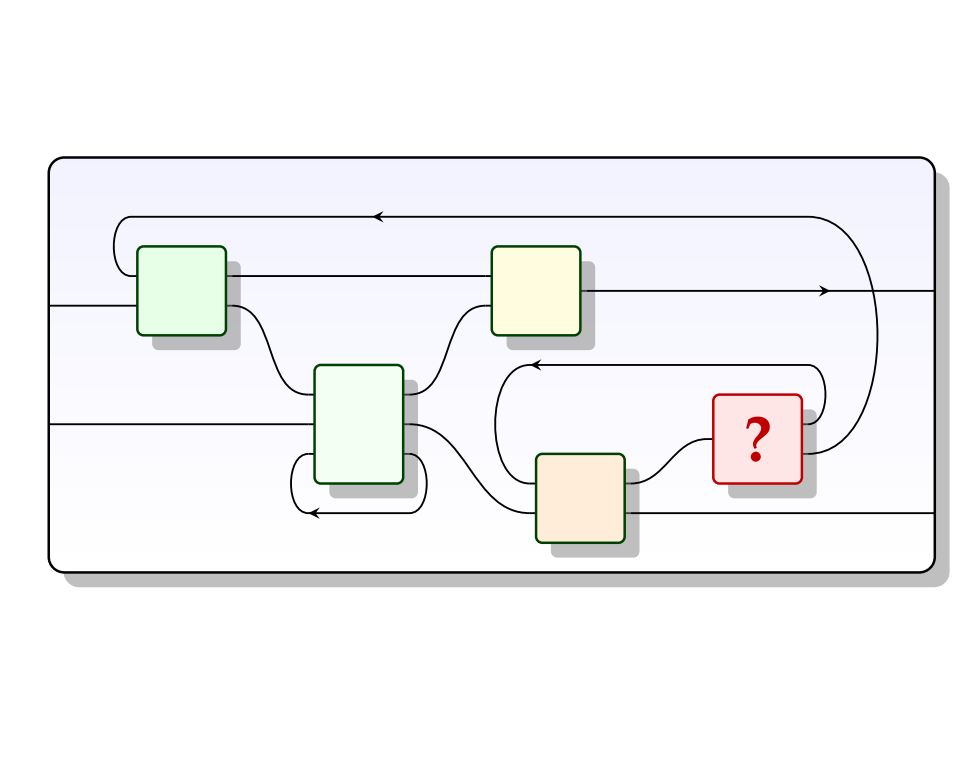ACT4E Python library
Implementation of a Python library to build and manipulate different basic algebraic structures taught in the class applied category theory for engineers.
Solving real-life problems
by recognizing the algebraic structures for a familiar engineering domain, one can utilize these compositionality structures to achieve either more elegance or efficiency
Application: Currency optimization problem

In this set-up we were asked to implement an algorithm which outputs the optimal path from the source currency to the target currency such that the resulting amount of money after the currency exchange is maximized.
In our approach, we define the currency category Curr which enables us to model currencies as objects of a category, and morphisms will describe exchanging between those currencies.
We can formally define this category as followed:

After recognizing the algebraic structure in this modelling problem, the rest of the implementation is then trivial by utilizing the implemented Python library. The implementation for semicategory_concrete.py is illustrated below.
from typing import TypedDict, Any, TypeVar, List
import act4e_interfaces as I
import networkx as nx
import math
from numpy import identity
from act4e_solutions.semicat_repr_helper import ToolSet, EQ
# TypeVar
MD = TypeVar("MD")
class CurrencyOptimization(I.CurrencyOptimization):
def compute_optimal_conversion(self,
available: I.SemiCategory[I.RichObject[str],
I.RichMorphism[I.CurrencyExchanger]],
source: str,
amount: float,
target: str) -> I.OptimalSolution:
final_amount: float
# STEP 1: return all morphisms from 'source' to 'target'
# def hom(self, ob1: Ob, ob2: Ob, uptolevel: Optional[int] = None) -> I.EnumerableSet[Mor]:
rich_obj1 = I.RichObject(source, source)
rich_obj2 = I.RichObject(target, target)
homset_src_dst = available.hom(rich_obj1, rich_obj2, uptolevel=1)
hom_elements = list(homset_src_dst.elements())
path_labels = ""
final_amount = 0.
for mor in hom_elements:
outcome = self.exchanged(amount, mor.mordata)
if outcome > final_amount:
path_labels = mor.label
final_amount = outcome
return I.OptimalSolution([path_labels], final_amount)
def exchanged(self, x: float, curr: I.CurrencyExchanger)-> float:
"""Given a CurrencyExchanger
Returns the exchanged value
"""
fx = x * curr.rate - curr.commission
return fx
Visualization of some algebraic structures
For sake of the simplicity, we integrated the networkx library for solving certain problems. We then added a graphical representation layer which gives us a simple-to-use interface for visualizing many algebraic structures.

References
2022
-
 Applied compositional thinking for engineers2022
Applied compositional thinking for engineers2022